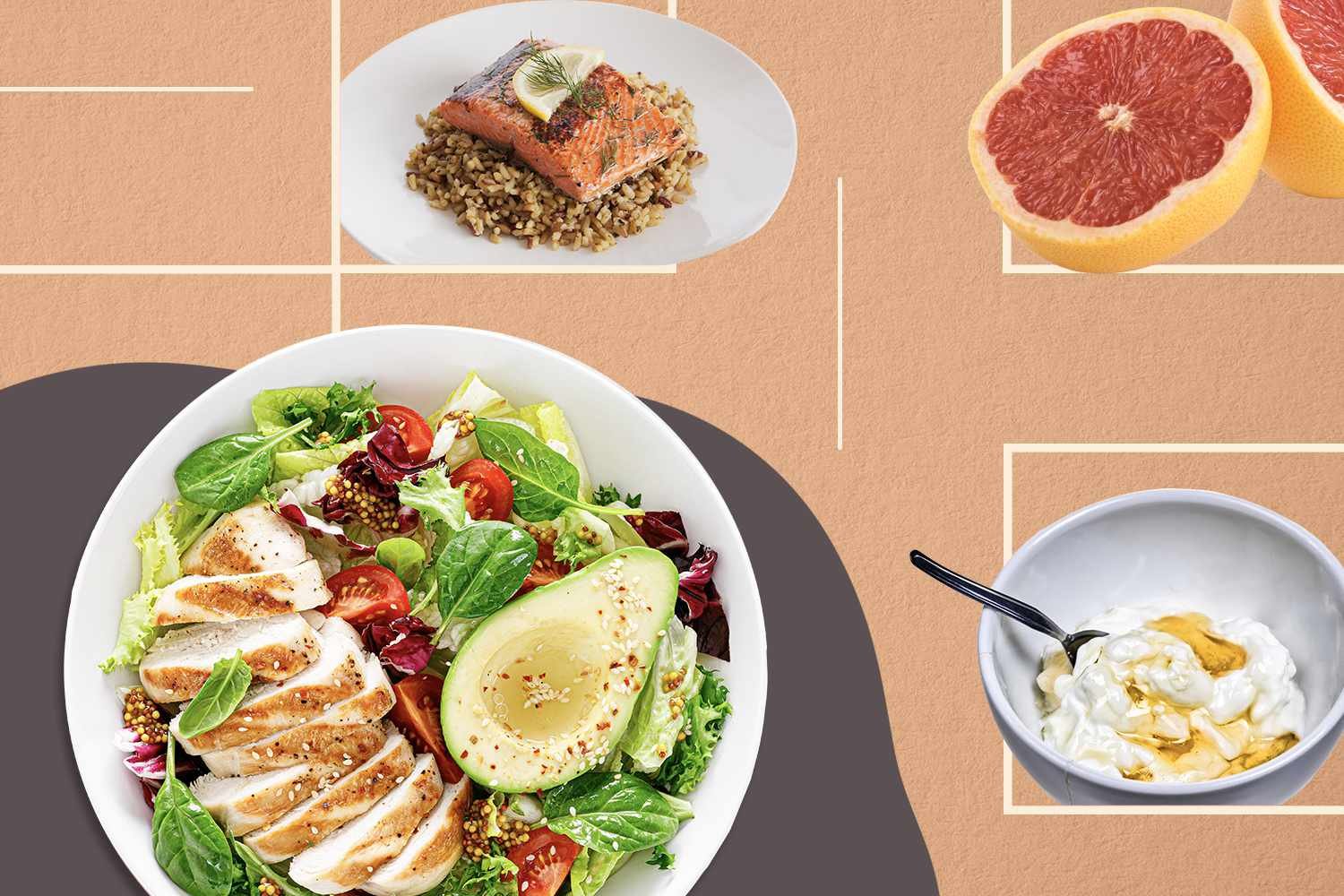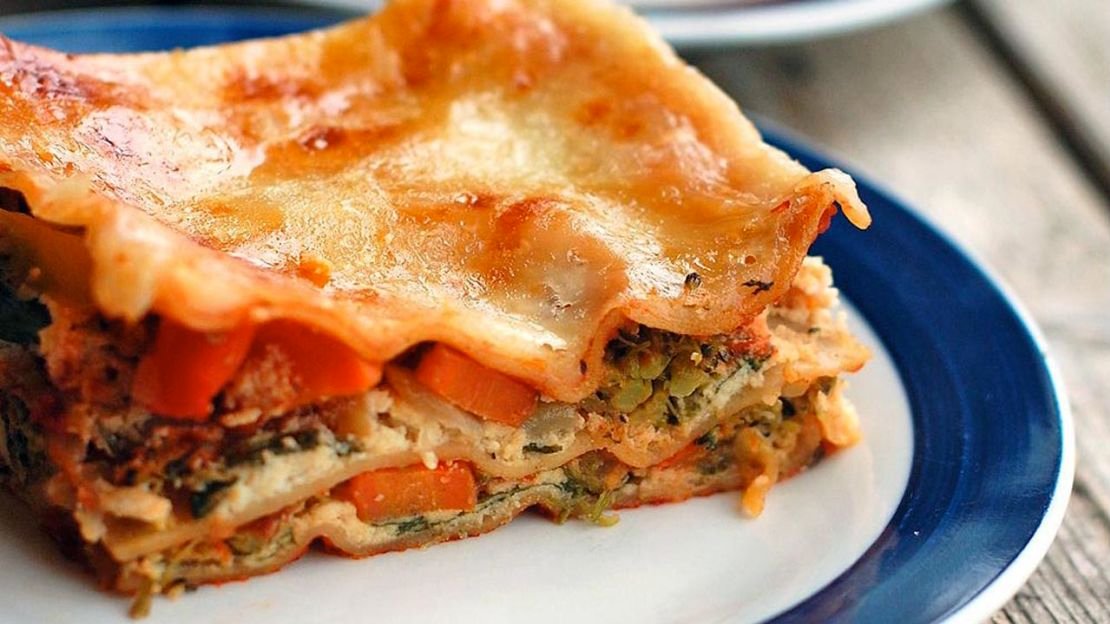In a world of fad diets and conflicting nutrition advice, understanding the fundamentals of a balanced diet plan is crucial.
A well-balanced approach to eating nourishes your body, boosts energy, supports your immune system, and promotes overall well-being. It’s about fueling your body with the right nutrients in the right proportions for lifelong health.
What is a Balanced Diet Plan?
A balanced diet plan prioritizes whole, unprocessed foods from all major food groups:
- Fruits and Vegetables: Packed with vitamins, minerals, fiber, and antioxidants.
- Whole Grains: Rich in fiber, B vitamins, and complex carbohydrates that provide sustained energy.
- Lean Protein Sources: Essential for building and repairing tissues (lean meats, poultry, fish, beans, lentils, eggs).
- Healthy Fats: Support heart health, brain function, and vitamin absorption (nuts, seeds, avocados, fatty fish).
- Dairy or Dairy Alternatives Important for calcium and bone health.
A balanced diet plan also emphasizes portion control and encourages mindful eating practices.
Benefits of a Balanced Diet
- Weight Management: By focusing on nutrient-dense foods, a balanced diet naturally helps you feel full and satisfied, making it easier to control your weight.
- Disease Prevention: Reduces the risks of chronic diseases like heart disease, type 2 diabetes, certain cancers, and osteoporosis.
- Improved Energy Levels: Provides your body with a steady stream of fuel, preventing energy crashes and promoting alertness.
- Stronger Immune System: The abundance of vitamins and antioxidants supports healthy immune function.
- Mental Well-being: A balanced diet can improve mood, reduce stress, and even boost cognitive function.
How to Create Your Balanced Diet Plan?
- Start Slowly: Make gradual, sustainable changes instead of drastically overhauling your diet.
- Focus on Food Groups: Aim to include foods from all major food groups at each meal.
- Choose Whole Foods: Prioritize whole, unprocessed foods over refined and processed options.
- Practice Portion Control: Use measuring cups and spoons, or learn to estimate servings with your hand for visual guidance.
- Hydrate: Water is essential, so aim for 8 glasses daily or more if active.
- Cook More: Home cooking gives you control over ingredients and allows healthier choices.
Read Also: Setting and Achieving Your Fitness Goals
Sample Balanced Diet Plan (One Day)
- Breakfast: Oatmeal with berries, nuts, and milk.
- Lunch: Grilled chicken salad with whole-wheat pita and hummus.
- Dinner: Salmon with roasted vegetables and quinoa.
- Snacks: Fruit with yogurt, or a handful of mixed nuts.
Tips for Sticking to a Balanced Diet
- Meal Prep: Prepping meals and snacks saves time and prevents unhealthy choices.
- Read Food Labels: Be aware of added sugars, sodium, and unhealthy fats.
- Forgive Occasional Indulgences: Don’t let occasional treats derail your progress. Enjoy in moderation.
- Listen to your Body: Eat when hungry and stop when satisfied.
Important Considerations:
A balanced diet plan isn’t one-size-fits-all. Factors like age, activity level, and health conditions can influence your specific needs. If you have underlying health concerns, always consult your doctor or a registered dietitian for personalized guidance.



